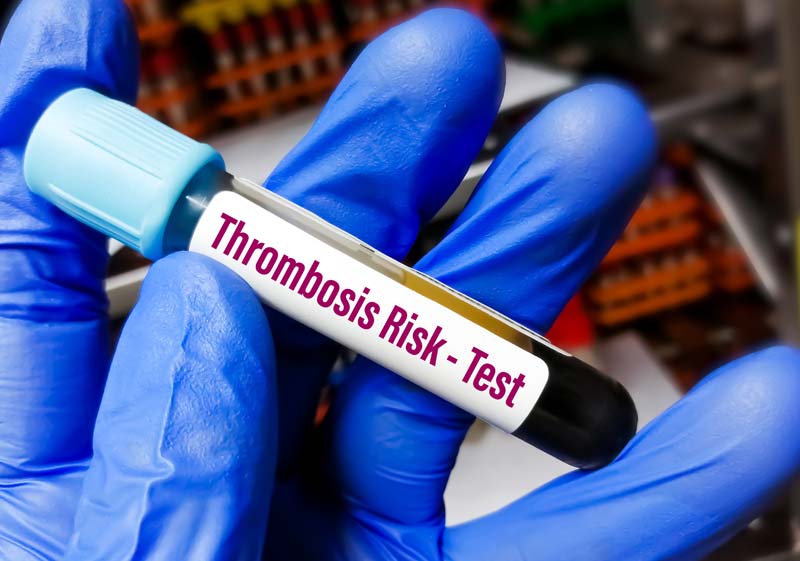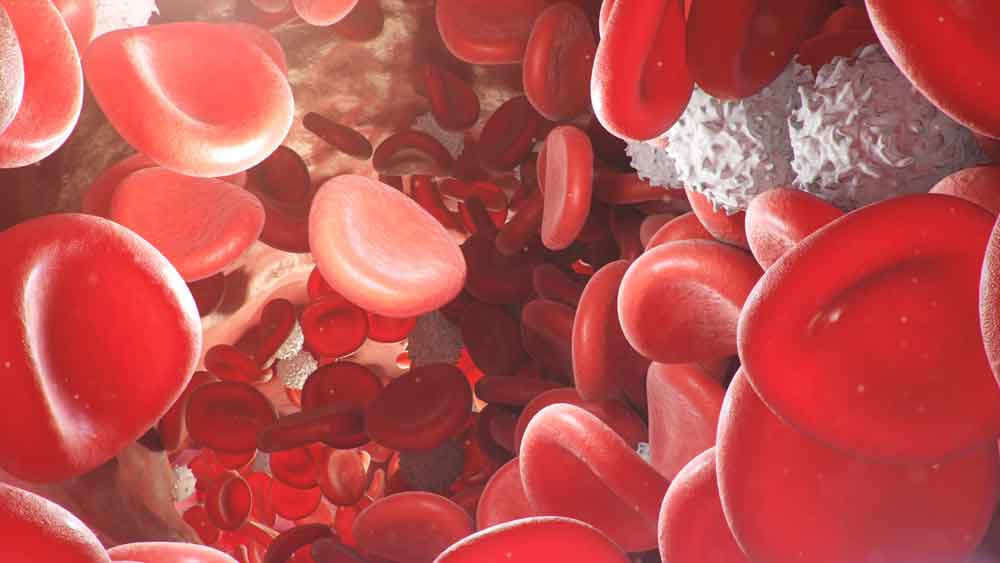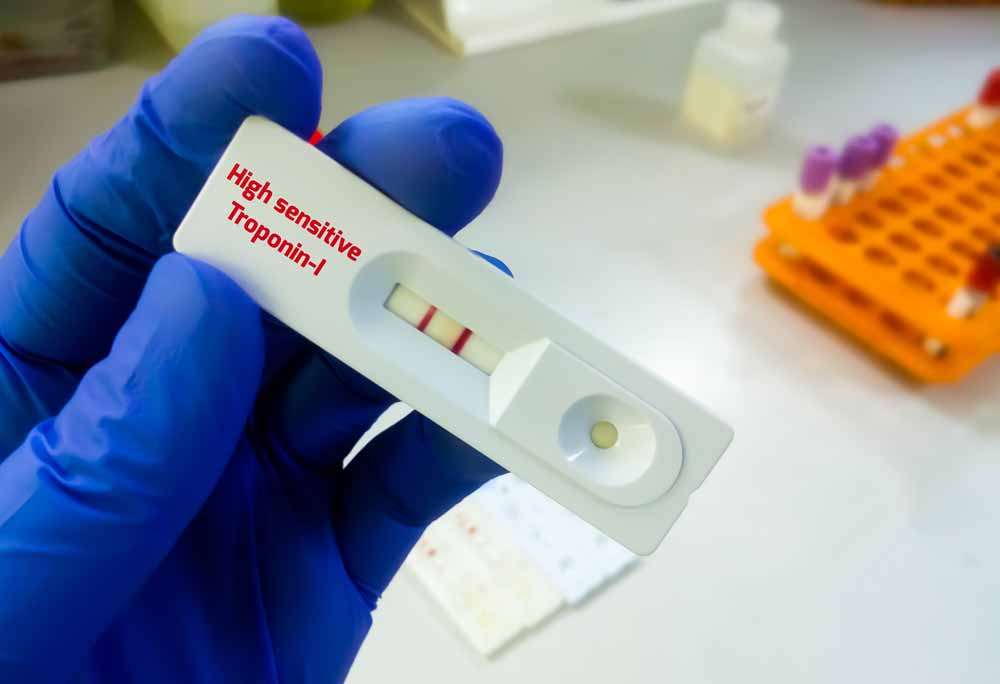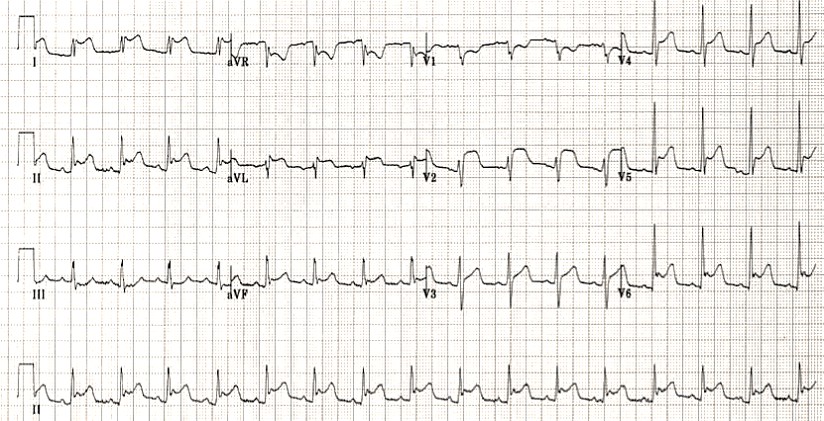Multiple Myeloma International Staging System (ISS) Online Calculator
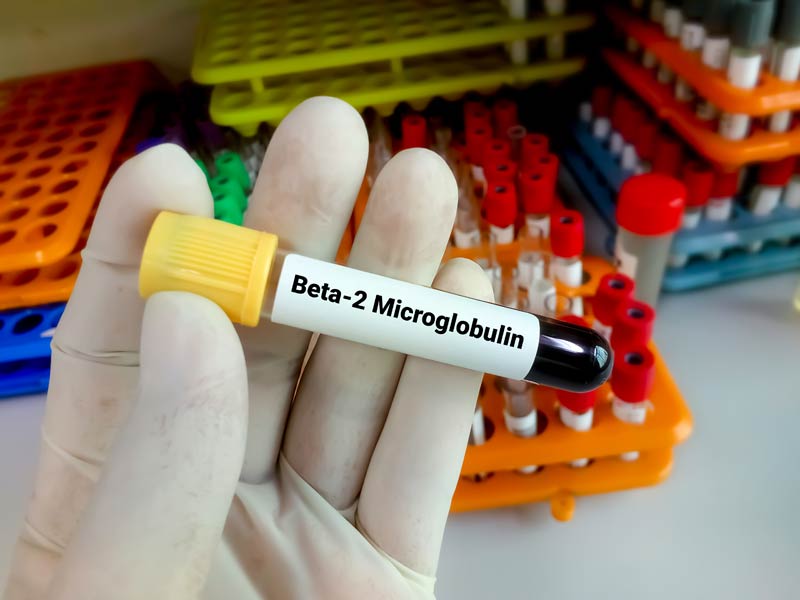
Multiple Myeloma International Staging System (ISS) prognosticates the severity of multiple myeloma based on routinely obtained lab values.
Use only in patients recently diagnosed with multiple myeloma. Do not use in patients with relapsed myeloma, smoldering myeloma or MGUS. Its utility has not been validated in relapsed myeloma, smoldering myeloma or MGUS patients.
Multiple myeloma (MM) is a heterogeneous disease, with prognosis affected by various patient and disease related factors (ISS stage, genetics, performance status and other comorbidities).
The ISS differentiates patients into 3 separate prognostic groups. The staging is prognostic but does not necessarily guide treatment decisions in the upfront setting. It provides survival information to the physician and patient, and helps stratify patients in current clinical trials.
Many MM patients are treated through clinical trials. Physicians may consider referring patients to academic treatment centers if they are eligible and willing to receive transplantation, not only to discuss standard treatment options, but also to consider clinical trial options.
Staging based on serum β2 microglobulin and albumin levels.
Multiple Myeloma ISS interpretation:
| Stage | Criteria |
| I | Serum β2 microglobulin <3.5 mg/L AND serum albumin ≥ 3.5 g/dL |
| II | Either: serum β2 microglobulin <3.5 mg/L, but serum albumin <3.5 g/dL OR serum β2 microglobulin 3.5 – 5.4 mg/L irrespective of the serum albumin |
| III | serum β2 microglobulin ≥5.5 mg/L |
The International Staging System (ISS) for multiple myeloma defines 3 subgroups with differing overall survival:
- Stage I- 62 months
- Stage II- 44 months
- Stage III- 29 months
The ISS was developed as a simpler, more objective tool to provide prognostic information for newly diagnosed, symptomatic MM patients.
It does not reflect disease burden.
Durie-Salmon, a cumbersome staging system used in the past, was based on estimating the disease burden but ultimately did not prove to be prognostic and fell out of favor.
Compared to older staging systems, ISS is a simple prognostic tool and may be used to stratify patients on MM clinical trials.
This system was developed from a database of clinical and laboratory data collected from 10,750 patients treated from 1981 to 2002. All patients were about to start therapy, ~70% through a clinical trial, and were from North America, Europe, and Asia. Approximately 25% received high-dose therapy/stem cell transplant. Median age was 60-63 years.
A randomly selected training set was created and analyzed by univariate and multivariate analysis, selecting serum beta-2 microglobulin and serum albumin as the dominant independent prognostic factors, best utilized in a survival tree model.
This model classified patients in 3 risk groups:
- Stage I- median overall survival 62 months;
- Stage II- 45 months;
- Stage III- 29 months.
The ISS was then validated in a separate group of patients from the same database with virtually identical results. It was validated further by geography, patient age, and treatment type.
This model has been refined further as the Revised ISS (R-ISS). It includes validated and reliable prognostic factors for MM, including ISS score, cytogenetic abnormalities, and LDH. It identifies 3 groups with clearly different outcomes. It recharacterized ~ 25% of patients who would have been identified as good risk using only one of the validated factors into a higher risk category.
Register on our website right now to have access to more learning materials!
Subscribe to our pages:
LITERATURE
- Durie BGM, Salmon SE. A clinical staging system for multiple myeloma. Cancer 1975; 36:842-854.
- Greipp PR, et. al. International Staging System for Multiple Myeloma. JCO 2005; 23:3412-3420.
- International Myeloma Foundation. International Staging System. April 2002.
Multiple Myeloma Diagnostic Criteria – Online Calculator
Revised Multiple Myeloma International Staging System (R-ISS) Online Calculator
Revised Multiple Myeloma International Staging System (R-ISS) – prognostication tool for myeloma patients based on…
SAVED VTE Score
SAVED score for venous thromboembolism risk stratification in patients with multiple myeloma receiving immunomodulators. [ezfc…
IMPEDE VTE Score
IMPEDE score for venous thromboembolism risk stratification in patients with multiple myeloma receiving immunomodulators. [ezfc…
IPSET – Thrombosis Risk for essential thrombocythemia: Online Calculator
International Prognostic Score of thrombosis in World Health Organization – essential thrombocythemia (IPSET-thrombosis). IPSET-thrombosis model…




